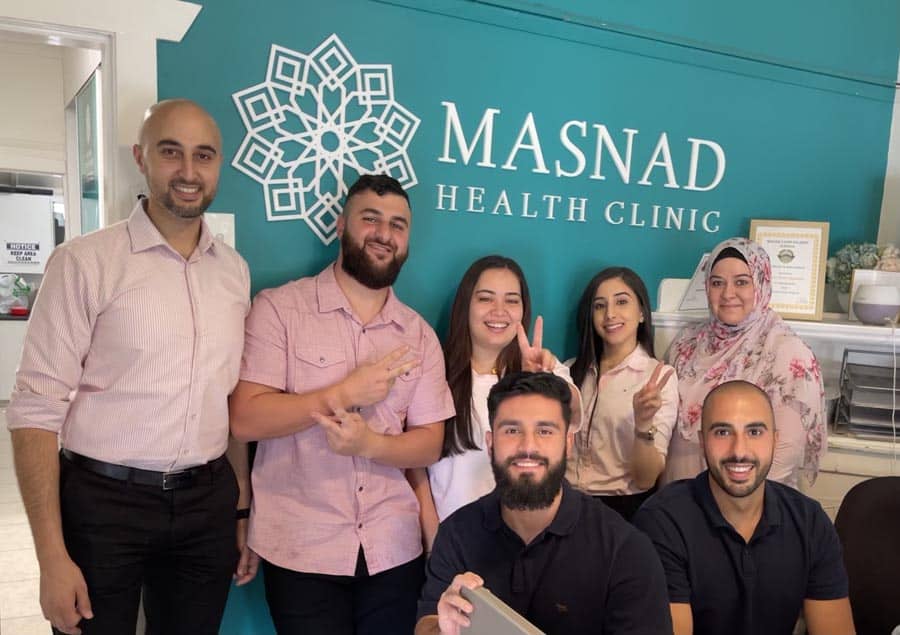The rotator cuff is a group of 4 muscles that help stabilise the shoulder joint. When there is a ‘tear’ in any of the tendons of these muscles you experience pain and dysfunction. It is common in throwing and racket sport athletes.
Rotator Cuff Tear
What is it?
What causes it?
It can be a result of two things; either a trauma and/or repeated microtrauma. A traumatic rotator cuff tear is caused by lifting heavy things or it can be caused when you get injured after a fall. Repeated microtrauma is the most common rotator tear since it occurs over several weeks, months or years. In throwing sports, degeneration occurs due to rapid deceleration of the arm once the throw has been released or in the workplace or repetitive overhead movements are required.
Rapid twisting and over stretching can also contribute to tearing of the rotator cuffs. The most common rotator cuff muscles injured are the ones located around the shoulder blades. This often happens in sports that heavily involve excessive rotation of the shoulder, such as boxing, bowling, cricket, swimming or kayaking.
It is very common in the older athletes compared to younger athletes, especially when degeneration is present.
Symptoms
- Sudden shoulder pain, sometimes accompanied by a tear.
- Returning pain especially when completing certain activities, example overhead lifting.
- Inability to sleep on the injured shoulder
- Shoulder clicking particularly when the tendons pinch between the socket and ball of the shoulder joint when moving your arm overhead
- Shoulder weakness
- You cannot lift your arm above your shoulder due to pain
- Inability to move your elbow away from your body
If you are able to lift your arm with minimal pain, this indicates the severity of the tear is less and it may only be a strain of the rotator cuff muscles or inflammation of the bursa.
Shoulder Treatment
It is always important to reduce the pain and the inflammation, which then allows the tissues to fully heal before having a full rehabilitation program that suits the injury you sustained.
- A small and/or medium sized cuff tear can heal properly with appropriate management and physiotherapy.
- Corticosteroid injections are often administered in stubborn cases to relieve pain and promote tendon healing.
- Large partial or full rotator cuff tears require surgery if physiotherapy does not work.
Ways to speed up recovery
- Immediately after the injury is sustained, application of the RICE principles of rest, ice, compression and elevation needs to be done.
- Rest your arm by using a sling, to reduce motion of the injured arm.
- If necessary, take pain and anti-inflammatory medications recommended to you by your doctor.
Complete your rotator cuff rehabilitation exercises, as per your physiotherapist’s instructions.
What can I do to speed up my recovery?
- Be mindful of how you perform your daily activities and don’t ignore your shoulder pain if it lasts for more than a week. You should see your doctor or book in to get it assessed and treated by your Physiotherapist.
- Perform rotator cuff strengthening exercises to maintain a healthy shoulder. If you have no current shoulder injury feel free to complete this workout in the video below.
For all your rotator cuff needs, feel free to give us a call on 02 9793 8840 or Book Online

New Client Offer - 10% OFF
Are you in pain? Not sure if we can help you?
Book your initial appointment and receive 10% off any service!